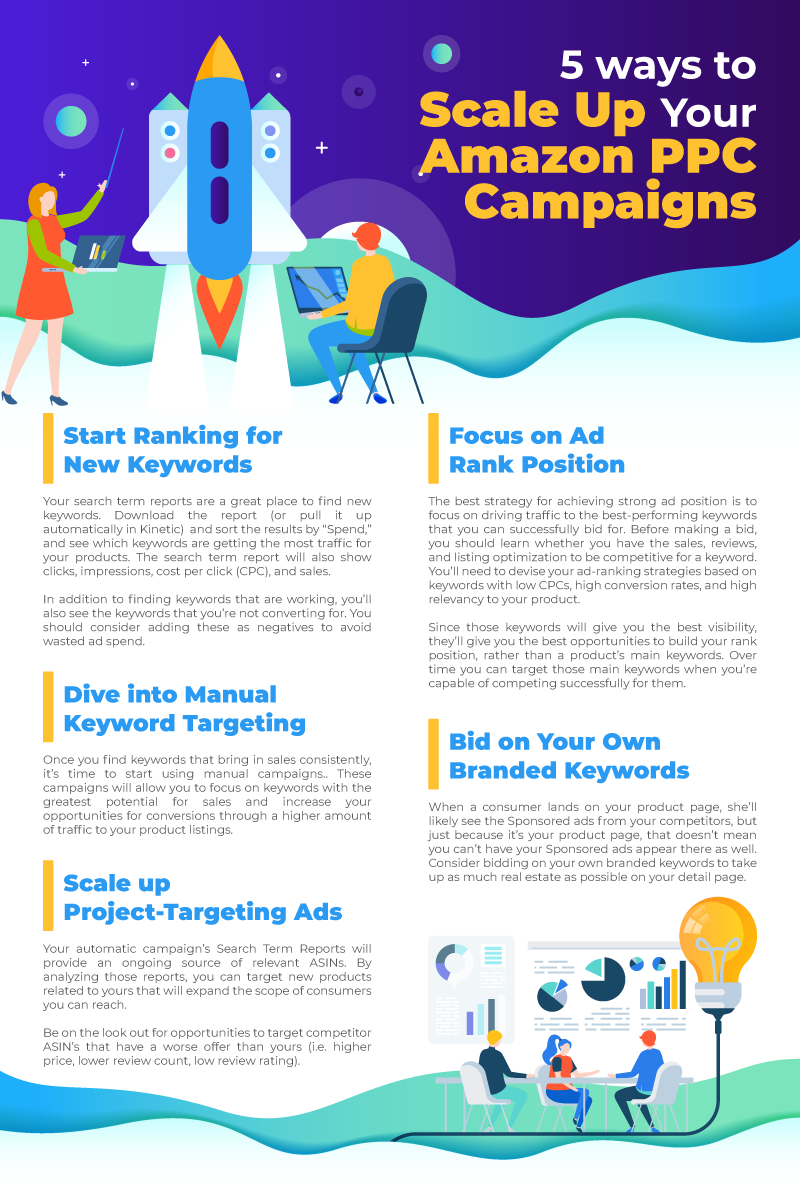8 incredible SEO Reporting Tools in 2024
10 Incredibly Useful SEO Reporting Tools in 2024
Understanding SEO
SEO stands for Search Engine Optimization. It is the practice of optimizing websites and online content to improve their visibility and ranking on search engine results pages (SERPs). The goal of SEO is to increase organic (non-paid) traffic to a website by making it more search engine-friendly.
SEO involves various techniques and
strategies, including:
· Keyword Research: Identifying and targeting relevant keywords that users are searching for in search engines.
· On-Page Optimization: Optimizing website elements such as titles, headings, meta tags, URL structure, and content to improve relevance and search engine readability.
· Off-Page Optimization: Building backlinks from reputable websites, social media sharing, and other external factors that signal the website's authority and trustworthiness.
· Technical SEO: Optimizing website infrastructure, such as site speed, mobile-friendliness, crawlability, and indexability.
· User Experience: Ensuring a positive user experience by improving website navigation, reducing bounce rates, and enhancing overall usability.
·
Content Creation: Developing
high-quality, relevant, and engaging content that satisfies user search intent
and attracts organic traffic.
The Importance of SEO in Content Marketing:
SEO plays a crucial role in content
marketing. Here's why:
Increased Visibility: SEO helps your
content rank higher on search engine result pages, making it more visible to
potential visitors and increasing the chances of attracting organic traffic.
Targeted Traffic: SEO helps you optimize
your content for specific keywords or topics, ensuring that your website
reaches the right audience who are actively searching for information related
to your industry or offerings.
Authority and Credibility: By consistently
producing high-quality content that ranks well in search results, you can
establish your brand as an authority in your industry and build credibility
with your audience.
Long-Term Results: Unlike paid advertising,
SEO efforts can have long-lasting effects. Well-optimized content can continue
to attract organic traffic and generate leads or conversions over an extended
period.
Cost-Effectiveness: While SEO may require an investment of time and resources upfront, it can be more cost-effective in the long run compared to paid advertising campaigns.
Key Factors to Look for in SEO Reporting Tools:
When choosing SEO reporting tools, consider
the following key factors:
Data Accuracy: Ensure that the tool provides accurate and up-to-date data on website performance, rankings, traffic, backlinks, and other SEO metrics. It should use reliable data sources and provide comprehensive information.
Customization and Flexibility: Look for tools that allow you to customize and tailor the reports to your specific needs. The ability to create personalized dashboards, schedule automated reports, and integrate with other tools can greatly enhance your SEO reporting process.
User-Friendliness: The tool should have a user-friendly interface and provide intuitive navigation. It should present data clearly and understandably, making it easy for you to analyze and interpret the results.
Reporting Features: Consider the range of reporting features offered by the tool. Look for features such as keyword rankings, backlink analysis, competitor analysis, website audits, and performance tracking. The tool should provide comprehensive reports that help you identify strengths, weaknesses, and areas for improvement.
Integration Capabilities: Check whether the tool integrates with other tools or platforms you use for SEO and digital marketing. Integration with tools like Google Analytics, Google Search Console, or third-party platforms can provide a more holistic view of your SEO performance.
Customer Support: Consider the level of customer support provided by the tool's developers or company. Responsive and knowledgeable customer support can be invaluable when you encounter technical issues or need assistance with using the tool effectively.
Remember to evaluate your specific needs and budget when selecting an SEO reporting tool. There are various options available in the market,
Top 10 SEO Reporting Tools in 2023
- Siteliner
- Nightwatch
- Rival IQ
- Ninja SEO
- SEMrush
- Growthbar
- AHrefs
- KWFinder
- SE ranking
- SEO power suit
- Google Analytics
- Google Search Central
- Google Data Studio
1. Siteliner
2. Rival IQ
With SEO Reporting Tools and other Content Marketing tools, Rival IQ is a comprehensive social media marketing analytics tool that gives you a competitive edge. It highlights details about pertinent rivals so you may get trending social media data and adjust your online strategy.
Important Features of Rival IQ
- Comprehensive social media tracking and benchmarking-Provides detailed statistics and post and profile tracking on LinkedIn, Facebook, Twitter, Instagram, and TikTok
- Private Social Media Measurement-Tracks all your paid and organic social performance across all your social media channels
- Social Listening and Search-With amazing Instagram and Twitter search at your fingertips and always-on alerts, you'll never miss a handle or campaign mention.
- Customizable Reporting-Our app offers complete configuration for the metrics that are most important to you, along with alerts and exports that can be used as and when needed.
3. SEMrush
4. Growthbar
Key Features:
- AI writing tool
- On-page SEO audit
- AI paragraph writer
- AI meta description
- Blog topic generator
- Keyword Research Tool
- Competitor Research
- Keyword Ranking Tool
- Free AI writing tools
5. Ahrefs
Key features of Ahref
6. Night watch
Key Strengths of Nightwatch
7. Mangools
Juicy SEO tools you will love in Mangools
- KWFinder-Keyword research
- SERP Checker-SERP Analysis
- SERP Watcher-Rank tracking
- Link Miner-Backlink Analysis
- Site Profiler-SEO metrics and insights
8. SE ranking
Other Useful Tools in SE Ranking




.%20The%20background%20shows%20a%20search%20engine%20results%20page%20(SERP)%20with%20a%20highlighted%20top.webp)








Comments
Post a Comment